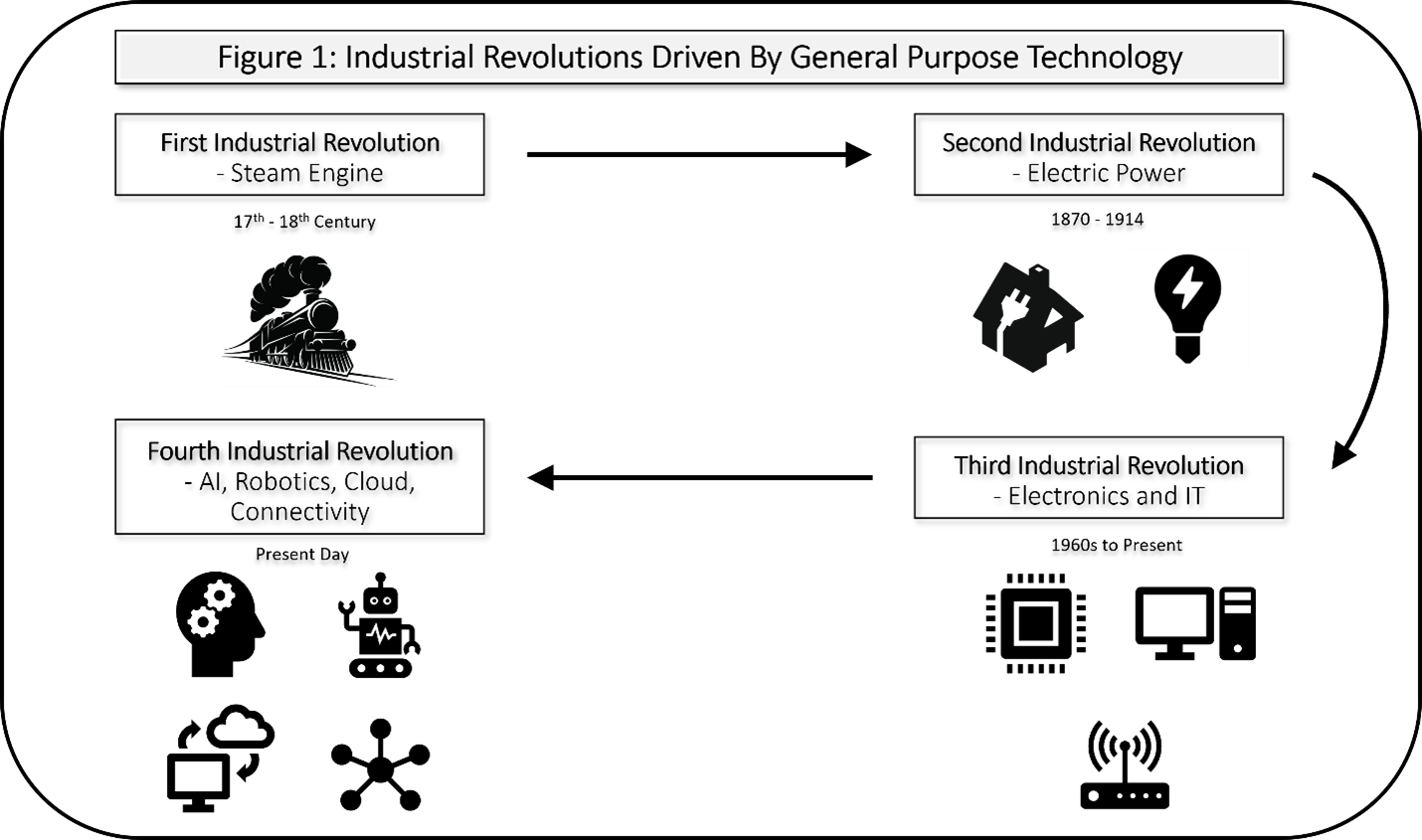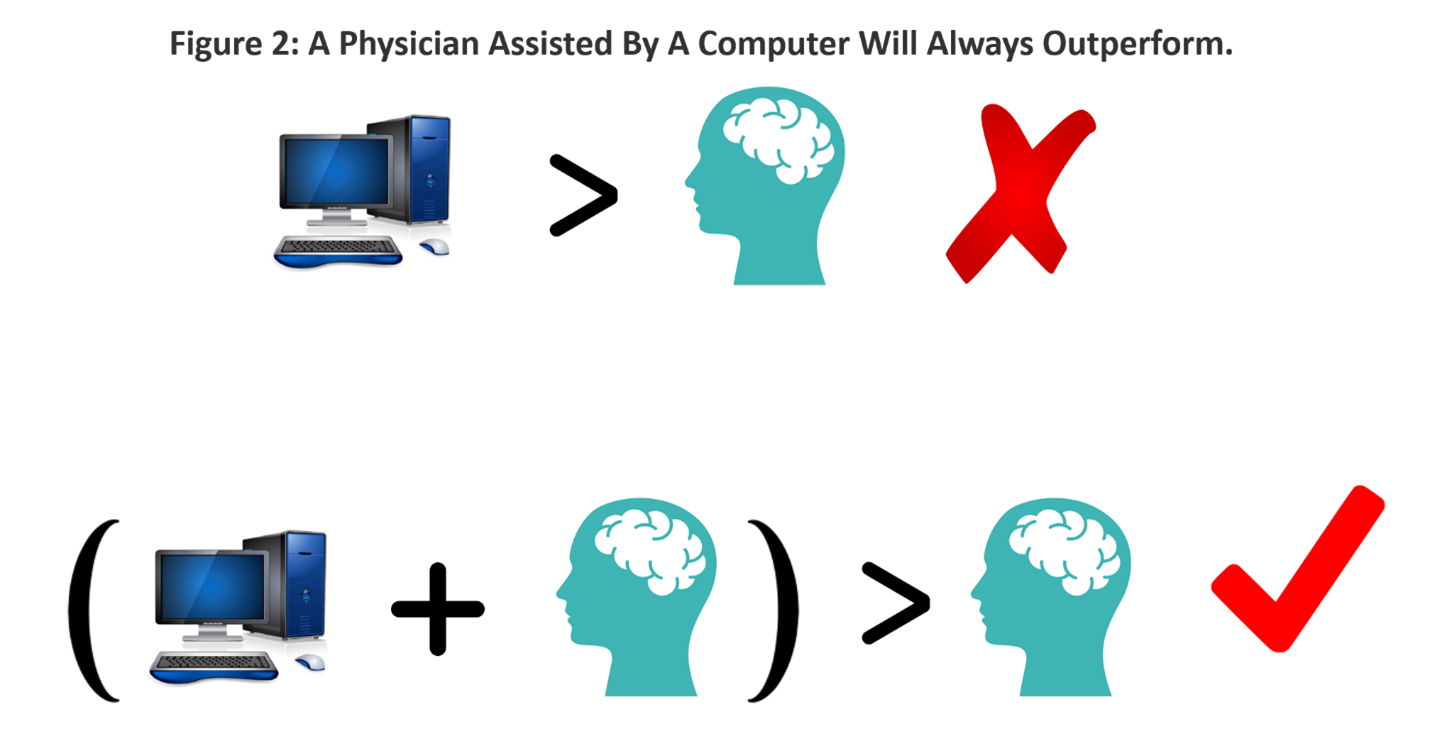by JongTaek Kim, MD, MS, University of Utah School of Medicine & ARUP Laboratories
It was not that long ago when using digital pathology was far from mainstream and there were even many skeptics for using this potentially game-changing technology. We have witnessed digital pathology thought leaders and early adopters championing this technology in the past decade or two which has led to a more widespread acceptance and diployment of digital pathology. With their persistence, consequently, we have witnessed the FDA granting clearance for the use of several whole slide digital pathology platforms and softwares for primary diagnosis since 2017, which was a monumental step for all of us. There is no doubt that digital pathology on its own merits a tremendous upside and benefits to pathologists and clinical diagnostic workflow. However, it is the AI (Artificial Intelligence) enabled digital pathology that has the ultimate capacity to truly revolutionize not only the field of pathology, but the way patient is diagnosed and treated.
We have already seen several commercial AI enabled digital pathology solutions gain approvals for clinical use in Europe and US. The AI enabled solutions are also prevalent in other medical specialties as well with radiology and cardiology having the most. There is no question that AI enabled technology will be disruptive and transform the way we live as well as the way we diagnose and treat patients. AI enabled technology is present in every facet of our lives in the form of smart devices and internet of things (IOT). What we are witnessing is the Fourth Industrial Revolution driven forward primarily by the application of a general-purpose technology in Artificial Intelligence (Figure 1). This figure comparatively shows the powerful role AI will play in revolutionizing our world as other general-purpose technologies have done in the past.

Even though our world is being transformed by the Fourth Industrial Revolution, we have also experienced and succumbed to what is called “AI Fatigue”. The most likely reason being that there have been so much publicity and inflated expectations about AI technology in the last 5-10 years. We have seen amazing feats obtained using AI enabled technology so far, but some have opined that AI is just a hype because it has failed to meet unrealistic promises. It is easy to take this exponential technology for granted because they are all around us, hidden in the form of algorithms in plain sight.
The Fourth Industrial Revolution describes the exponential beneficial technological leap due to adoption of AI, Robotics, and Cloud Connectivity. We are in the midst of this Fourth Industrial Revolution that will likely shape our world in the most profound way for the next 50-100 years. It is entirely up to us whether we participate in it as an active player or be a spectator on the sideline. Right now is a good time to reset our positions on AI technology and think as pathologist and AI researchers on how we can best go forward to participate in AI enabled healthcare that will benefit our patients.
Having gone thru medical school, residency and fellowship in the US, I have always felt the medical educational curriculum was falling behind the state of technological advances and innovation taking place in the industry. While so many disruptive and transformative technologies were emerging in the field of healthcare, the medical educational curriculum and residency training was slow to adapt and teach in an effective manner. This leaves medical professionals in particular grossly under-prepared to either understand or effectively implement them in their clinical practice. This begs the question if there is a need for modernizing medical education curriculum. There is an absolute need to modernize them, and many published literatures echo the same sentiment (PMID: 30907742, PMID: 35455898, PMID: 35671077).
We must democratize learning about AI enabled pathology because AI + Human will always outperform either AI or Human alone as illustrated in Figure 2. There will be no way around it in the future of healthcare. In order to best infuse AI enabled solutions into pathology practice, teaching our trainees will be key. They need to be taught about underlying algorithms as well as how to validate AI tools for clinical use. There also exist legal and regulatory hurdles that may have profound impact on the AI technology development. We need a clarity on what are the right evidence standards for AI technology receiving FDA clearance. We need continued advocates for AI enabled technology and we can do so by educating our trainees and medical students, which is our future workforce.

Recently, it was announced that Northwestern Medical school became one of the first in the nation to offer digital and data science curriculum to current medical students. They saw the utilization of large data sets and machine learning rapidly growing in healthcare and wanted to provide foundational education for their students to become leaders in the field of data science and AI enabled medicine. In pathology residency, PIER (Pathology Informatics Essentials for Residents) was created to provide an effective informatics learning resources for aspiring trainees wanting to obtain advanced fellowship such as pathology informatics or clinical informatics. There is a wide range of educational efforts put into place, but we do not yet know what the best way is. We need to keep modernizing the century-old medical educational curriculum as well as residency so that more physicians can learn about AI enabled healthcare and take a career path in these disciplines. This will ensure that we will be able to tackle daunting challenges that lie ahead. The Fourth Industrial Revolution is upon us, and the field of digital pathology right now has an opportunity to take a bigger part of the precision patient healthcare.
REFERENCES
- https://www.weforum.org/agenda/2016/01/the-fourth-industrial-revolution-what-it-means-and-how-to-respond/
- Schwab, K. (2018). The Fourth Industrial Revolution| Special Feature. Encyclopedia Britannica. https://www. britannica. com/topic/The-Fourth-Industrial-Revolution-2119734.
- Medical School Introduces Digital Health and Data Science Curriculum - News Center (northwestern.edu)
Disclaimer: In seeking to foster discourse on a wide array of ideas, the Digital Pathology Association believes that it is important to share a range of prominent industry viewpoints. This article does not necessarily express the viewpoints of the DPA, however we view this as a valuable point with which to facilitate discussion.
Please log in to your DPA profile to submit comments